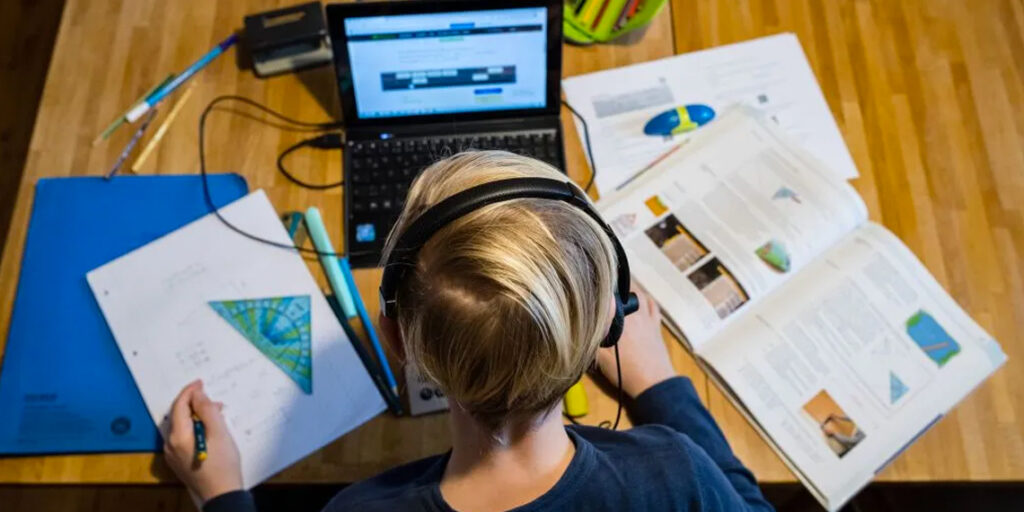Homeschooling is not a new concept, but its prevalence in Britain has historically been low, primarily chosen by families seeking specific religious education or alternative learning for children with unique needs.
However, recent trends have seen homeschooling rates double in the past year, with over 65,000 children now educated at home. This shift is causing widespread concern and sparking debates about the future of traditional schooling.
The Rapid Rise in Homeschooling
Dame Rachel de Souza, the Children’s Commissioner for England, has expressed alarm over this surge, describing it as “shocking” and suggesting many parents feel forced into homeschooling. ” I’m deeply, deeply concerned. I think this is forced home education,” she remarked.
The demographics of this shift are particularly troubling. A disproportionate number of homeschooled children are reported to have special educational needs (SEND), behavioural challenges, or come from disadvantaged backgrounds.
Experts suggest that parents are increasingly turning to homeschooling as a last resort due to inadequate support or negative experiences in mainstream education.
The Role of Technology in Homeschooling
One surprising factor in the rise of homeschooling is the role of artificial intelligence (AI) and digital tools. For some families, AI offers personalised learning that rivals or even surpasses classroom teaching.
A parent recently shared, “My daughter is making more progress on her physics A-level using AI than she is in chemistry and maths classes at her sixth form college.”
This trend is echoed across the country, with many families embracing online platforms to provide tailored education for their children.
However, concerns remain about the social and emotional development of homeschooled children, especially those who lack opportunities for extracurricular activities, peer interaction, or community engagement.
The Lasting Impact of Covid-19
The Covid-19 pandemic acted as a catalyst for homeschooling. During lockdowns, many families adapted to educating their children at home and found it preferable to traditional schooling.
For these families, the pandemic demonstrated that home education, supported by technology, can be both effective and flexible.
Challenges Facing Traditional Schools
The rise in homeschooling also reflects a broader dissatisfaction with the current education system.
State schools often focus heavily on test scores and exam results, sidelining creative subjects, sports, and personal development.
This narrow focus leaves many students disengaged, with 20% of young people now classified as “persistently absent” from school.
Issues such as bullying, boredom, and a lack of stimulation are further driving families away from traditional education.
Employers, too, are voicing concerns, seeking candidates with broader skills such as teamwork, creativity, and resilience—qualities not always nurtured in exam-focused environments.
The Future of Education
The surge in homeschooling raises important questions about the future of education. Historically, industrialisation shifted education from the home to schools.
Today, another technological revolution—AI—may reverse that trend. With advancements in personalised digital learning, could we see a future where traditional schools are no longer the default?
Education Secretary Bridget Phillipson faces a significant challenge in addressing these issues. Schools must become more engaging, supportive, and enjoyable for students to restore confidence in the education system.


